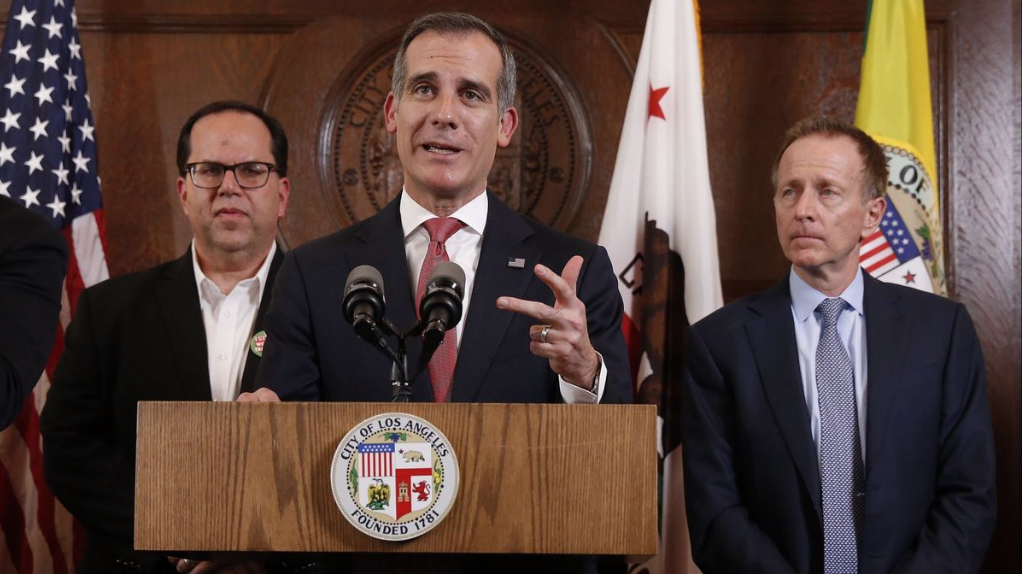CommentsFIRST PERSON-The collusive settlement of the UTLA-LAUSD strike just announced on the morning of January 22 by LAUSD Superintendent Austin Beutner, UTLA's President Alex Caputo-Pearl, and LA Mayor Eric Garcetti predictably fails to consider the real reasons for LAUSD's longstanding failure to educate its predominantly minority and still segregated student population.
This is a district that remains more concerned with the profits of its corporate "agreed upon no-bid vendors" than spending money on its students' academic needs.
Under this agreement, it seems LAUSD will continue to socially promote students by age without consideration of their subjective mastery of prior grade-level standards – levels that students need to assure subsequent academic and career success. Attending to these needs would logically be much cheaper than the present costly corporate-run criminal incarceration system that now awaits too many needlessly uneducated ex-LAUSD students when they finish or drop out of school completely unprepared.
Under this agreement, corporate vendors selling LAUSD goods and services at inflated prices far above fair market value will be able to continue robbing LAUSD. Additional funds will also be sought with a new parcel tax (going against property tax limiting Proposition 13) to augment the funds available for these agreed upon corporate vendors to steal.
As I mentioned in an earlier article, class size reduction in and of itself, without linking it to eliminating the social promotion policy (that this agreement completely fails to address) dooms the vast majority of LAUSD's predominantly African American and Latino student populations to continued and unnecessary failure. Their timely academic success would be far less expensive than the subsequent incarceration that befalls a disproportionately number of these predominantly minority students.
The present cost per student of education was cited in the strike settlement announcement as $16,000 per year, which was considered totally inadequate. But it would be interesting to know just how much of this money goes directly to purposes like hiring more teachers and how much goes to increasing the number of highly paid administrators or making purchases that do not directly impact whether or not students get the education they are entitled to.
Even a cursory examination of LAUSD finances, expenditures, and rampant vendor conflicts of interest could find more than enough money to lower class sizes and student-to-teacher ratios -- without a new parcel tax -- that would allow real teaching to take place, especially if this clear and endemic LAUSD corruption, like the Belmont and Robert F. Kennedy Learning Centers, were avoided in the future.
And in the age of computers, why doesn't LAUSD own the copyright to all the educational materials it uses, instead of having them owned by large corporate publishers that unnecessarily replace and recharge for them every few years at an exorbitant cost to the District?
Couldn't LAUSD teachers of various subjects write these materials and share the copyright with LAUSD, while augmenting their own compensation? What's to stop the writing and upgrading of subject matter texts in real time that would avoid the necessity of paying obscene amounts to beef up the profits of corporate publishers?
(Leonard Isenberg is a Los Angeles, observer and a contributor to CityWatch. He was a second- generation teacher at LAUSD and blogs at perdaily.com. Leonard can be reached at [email protected].) Edited for CityWatch by Linda Abrams.
















